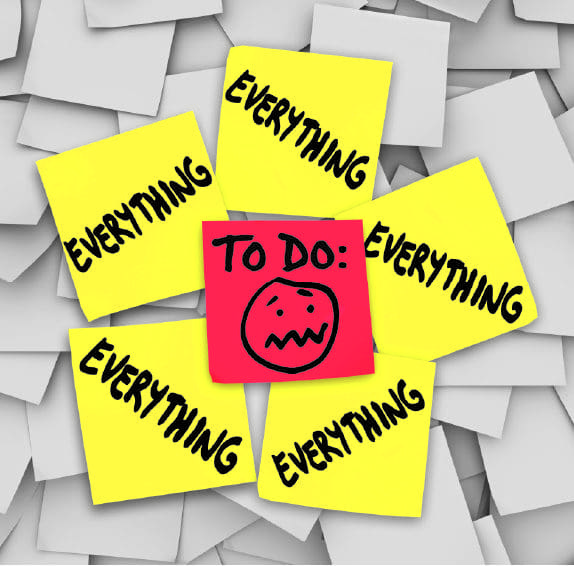We recently talked about how mental health treatment can be extremely inaccessible for adolescents both here in the United States and across the pond in England. We also talked last week about World Mental Health Day and how it’s theme centered around young people’s mental health in the changing world. Even so, the Earth is large, and these are just glimpses at how much (but mostly how little) treatment adolescents receive worldwide, not just with mental health, but as a whole.
Continue reading Global Funding and Adolescent Mental Health


 Teens today are busier than ever before. Between school, activities, sports, work, and social events, it seems like we’re always on the go! While it’s good to have a few enjoyable events on your calendar throughout the week, there often comes a point where it’s too much. Overscheduling can contribute to many compounding physical and mental health problems, and it’s important to take a step back and see how you can modify your schedule to meet your health needs.
Teens today are busier than ever before. Between school, activities, sports, work, and social events, it seems like we’re always on the go! While it’s good to have a few enjoyable events on your calendar throughout the week, there often comes a point where it’s too much. Overscheduling can contribute to many compounding physical and mental health problems, and it’s important to take a step back and see how you can modify your schedule to meet your health needs.
 For most people, social media is an intrinsically large part of our lives. Young people can easily spend hours per day on various social media networks without even realizing they are doing so.
For most people, social media is an intrinsically large part of our lives. Young people can easily spend hours per day on various social media networks without even realizing they are doing so.  Social media has made it well known that today is World Mental Health Day. First established in 1992, October 10th helps gives people around the world the opportunity to spread awareness about mental illness, whether it be through their own personal stories or making resources more readily available. There have been
Social media has made it well known that today is World Mental Health Day. First established in 1992, October 10th helps gives people around the world the opportunity to spread awareness about mental illness, whether it be through their own personal stories or making resources more readily available. There have been  It can be difficult not to get overwhelmed with a heavy workload, whether it be for school, a job, or even being tasked with chores and errands. Sometimes, the stress associated with work and a large amount of things to do, no matter if one enjoys it or not, can lead to burnout, or an extended period of time that involves a decline in job performance. This is
It can be difficult not to get overwhelmed with a heavy workload, whether it be for school, a job, or even being tasked with chores and errands. Sometimes, the stress associated with work and a large amount of things to do, no matter if one enjoys it or not, can lead to burnout, or an extended period of time that involves a decline in job performance. This is 

 It’s almost pointless to constantly discuss the effect that social media has on our interactions and communication without having the information to back it up. There are almost always surveys and polls released to see how people, adolescents in particular, are using social media and the effect it has on them. We’ve taken a couple of recent ones to see what the most up-to-date statistics say.
It’s almost pointless to constantly discuss the effect that social media has on our interactions and communication without having the information to back it up. There are almost always surveys and polls released to see how people, adolescents in particular, are using social media and the effect it has on them. We’ve taken a couple of recent ones to see what the most up-to-date statistics say.